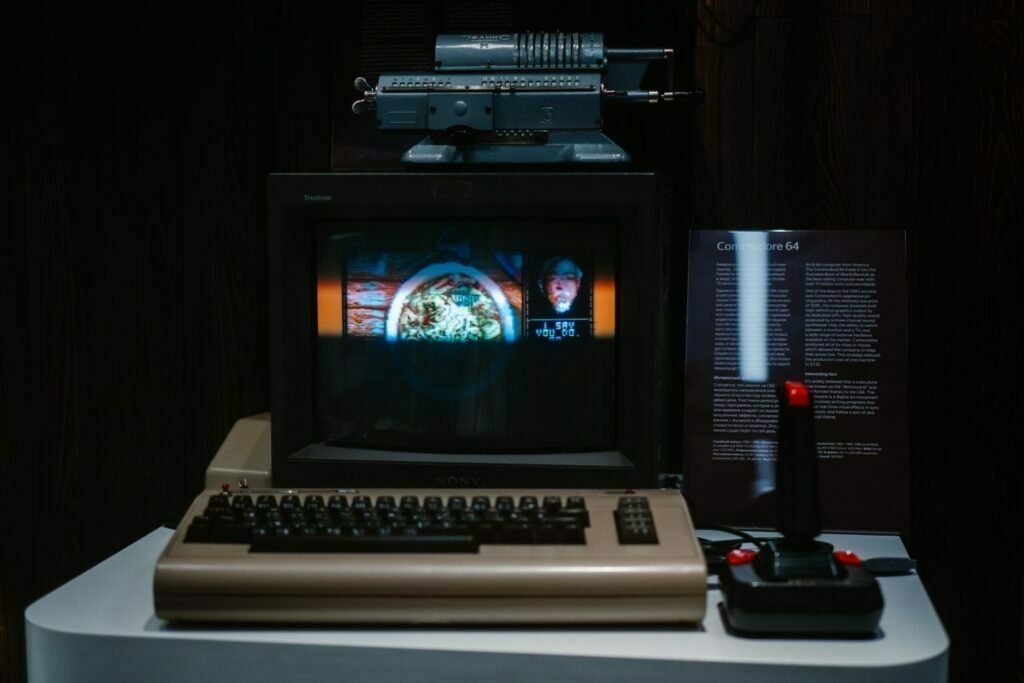The Digital Dark Ages
The author of this article helps out with computer museums around the world. He talks about how its not just nostalgia which fuels them, but learning about the technological and social context in which the hardware were situated.
He then explains that future historians won’t have much of that context because of DRM, IP laws, and encryption.
To future historians—not just of computing, but of humanity—the current period will be a dark age.Source: The Digital Dark Ages | De Programmatica IpsumHow was Facebook used by students in the 2010s? We cannot show you, that version of Facebook is not hosted anywhere.
What correspondence did Vint Cerf have as president of the ACM with other luminaries of computing industry and research? We do not know; Google will not publish his emails.
What was it like playing Angry Birds on an iPhone 3G? We do not know; Apple is no longer distributing signed receipts for that binary.
What did the British cabinet discuss when they first learned of the Coronavirus pandemic? We do not know; they chatted on a private WhatsApp group.
What books were published analysing the aftermath of the Maidan coup in Ukraine? We do not know; we do not have the keys for the Digital Editions DRM. How was the coup covered in televised news? We do not know; the broadcasters used RealVideo and Windows Media Encoder and we cannot read those files.
